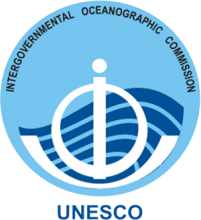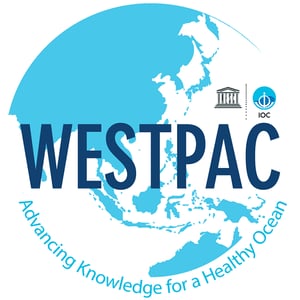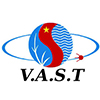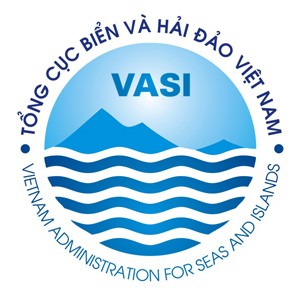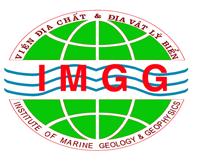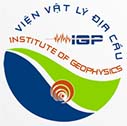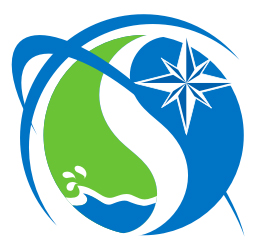Southeast Asia countries have been endeavouring to mitigate climate change. Given the increasing global greenhouse gas emissions, international communities attach great importance to natural systems that can absorb and store carbon. It is known that the blue carbon (the carbon captured by oceans and coastal ecosystems) is stored in four main types of marine ecosystems: algal systems, mangroves, salt marshes, and seagrass especially in seagrass meadows. Seagrass is particularly abundant in the tropic areas. Therefore, it is essential to assess carbon stock and sequestration in seagrass ecosystem in order to inform decisions and policies for ecosystem conservation and climate change mitigation.
The Training Course on Assessment of Carbon Stock and Sequestration in Seagrass Ecosystem will be held on 4 - 12 November 2019.
Objectives and Scope of the training course:
The objective of the training course is to develop and strengthen the capacity and capability of young researchers from member states in the Western Pacific, in the field of carbon stock and sequestration in seagrass ecosystem. More specifically, the training course will:
• Discuss about methods on carbon stock and sequestration estimation in seagrass ecosystem;
•Promote collaborations on the long-term monitoring of carbon stock and sequestration in seagrass ecosystem;
• Facilitate access and dissemination of information related to carbon stock and sequestration.
Expected Outcomes:
In addition to establishing a regional network of seagrass ecosystem research, trainees are expected to improve their capability of sampling, analyzing and assessing the carbon stock and sequestration in seagrass ecosystem based on provided methodology. The knowledge and skills gained from this training would be beneficial in understanding the role of seagrass ecosystem in climate change mitigation, strengthening coordination and information-sharing networks related to marine biodiversity and conservation in the region.
Deadline for submission (no later than 25 September 2019): closed
(Sources: IOC/WESTPAC and RTRC-MarBEST)



